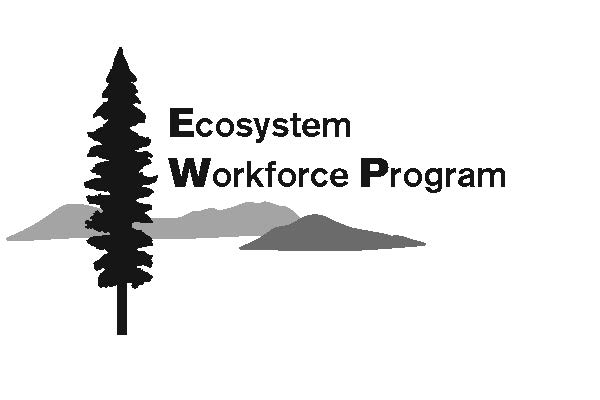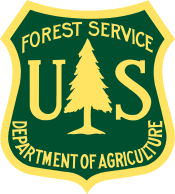The emergence of network governance in U.S. National Forest Administration: Causal factors and propositions for future research
| Title | The emergence of network governance in U.S. National Forest Administration: Causal factors and propositions for future research |
| Publication Type | Journal Article |
| Year of Publication | 2019 |
| Authors | Abrams, J |
| Journal | Forest Policy and Economics |
| Volume | 106 |
| Keywords | governance, technical reports and journal articles, USFS |
| Abstract | Since its establishment in the early twentieth century, the U.S. Forest Service has periodically evolved its approach to decision-making and management for the millions of hectares of national forest under its authority. Starting in the 1990s, a complex governance regime emerged in which non-Forest Service entities—such as state and other federal agencies, non-governmental organizations, public utilities, rural communities, and others—contribute resources and legitimacy to processes that include decision-making, project funding and implementation, monitoring, and changes to management rules and procedures. This review analyzes the origins of an emergent governance regime and provides a framework for analyzing contemporary patterns of national forest administration, structured around three key elements. Legitimacy is a necessary component of any continued public resource management regime, and in the current period this resource is (re)constructed through networks of governmental and non-governmental actors, with collaborative processes playing a central role. Capacity is needed to implement and evaluate resource management decisions, and the capacity of the Forest Service is frequently augmented through partnerships with non-federal entities. Institutional innovation is often needed to align Forest Service constitutional and operational rules with socially legitimate management actions, and this process may occur most often in situations characterized by the involvement of network actors. Five propositions are presented as contributions to a research agenda on national forest governance. This framework contributes to a better understanding of the causes and consequences of environmental governance changes affecting federal forest landscapes, key ecosystem processes, and the livelihoods of human communities throughout the U.S. |
| DOI | 10.1016/j.forpol.2019.101977 |




